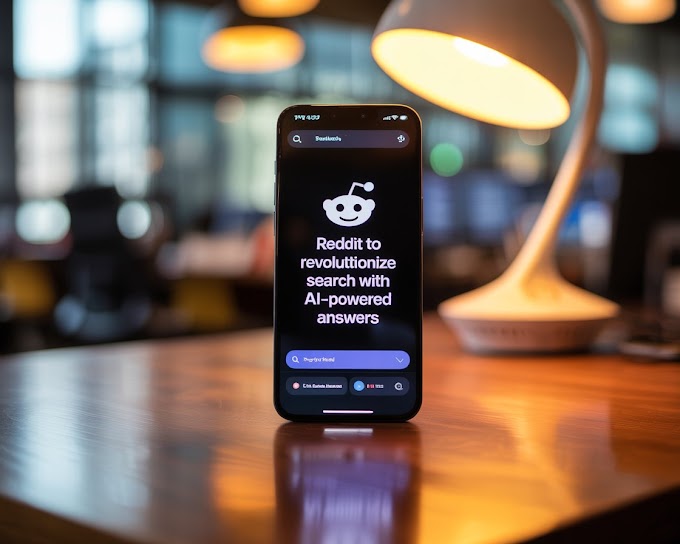Understanding the Surge of AI-Generated Content on Pinterest
In recent years, Pinterest has experienced a significant increase in AI-generated content, often referred to as "AI slop." This term describes low-quality, AI-created media that lacks authenticity and can mislead users. The proliferation of such content has raised concerns among users seeking genuine inspiration, as AI-generated images and posts often dominate search results, leading to a diluted user experience.
Pinterest's Strategic Response to AI Slop
To combat the influx of AI-generated content, Pinterest has implemented several measures aimed at enhancing content transparency and user trust:
1. Introduction of AI-Generated Content Labels
Pinterest now labels images identified as AI-generated or modified with an "AI modified" tag. This label appears on the close-up view of a Pin, providing users with clear information about the nature of the content. The detection relies on analyzing image metadata and utilizing custom classifiers capable of identifying AI content even in the absence of metadata.
2. User-Controlled Content Filtering
Recognizing the need for user autonomy, Pinterest has introduced features allowing users to filter out AI-generated content. An experimental "see fewer" option enables users to reduce the appearance of AI-modified images in specific categories, such as beauty and art. This feature is accessible via the three-dot menu on a Pin and signals the system to adjust content recommendations accordingly.
3. Appeal Mechanism for Mislabeling
Understanding that automated systems may occasionally mislabel content, Pinterest offers an appeal process. Users can contest the AI-generated label if they believe their content has been incorrectly categorized, ensuring fairness and accuracy in content classification.
Implications for Content Creators and Users
The prevalence of AI-generated content has significant implications:
For Creators: Authentic content creators face challenges in visibility as AI-generated posts often overshadow genuine work. This can lead to reduced engagement and recognition for original creators.
For Users: Users seeking real-life inspiration may encounter unrealistic or non-existent products and ideas, leading to frustration and a diminished user experience.
Pinterest's Commitment to Authenticity and User Trust
Pinterest's proactive measures reflect its commitment to maintaining a platform that values authenticity and user trust. By implementing transparent labeling, offering user-controlled filtering, and providing appeal mechanisms, Pinterest aims to ensure that users can distinguish between AI-generated and genuine content, preserving the platform's integrity as a source of real-world inspiration.




